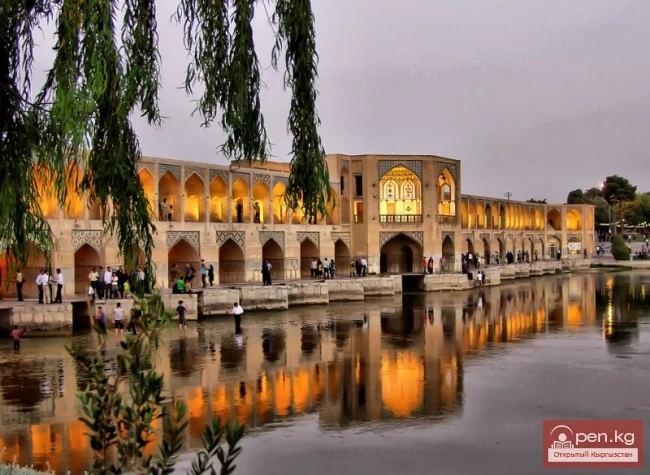Palaces of Isfahan
In the evening, when we arrived and settled into the Isfahan hotel, a girl called our room and, in the purest Russian language, informed us that she was our guide and asked us to be ready for a city tour at eight in the morning the next day.
To our surprise and joy, our guide turned out to be our fellow countrywoman - Aida from Bishkek. At 19, she married an Iranian and has been living in Isfahan for almost 20 years now. To jump ahead, I will say that Aida turned out to be the kindest woman and treated us not as clients, but as relatives. She is a caring and very modest person, who knows the history of Persia and the city of Isfahan in particular very well.
We got into the car, and time flew by, revealing to us the wonders of the ancient Persian city of Isfahan.
- First, some general information, - Aida began her story.
The city of Isfahan is located in the fertile valley of the Zayanderud River, at the foot of the Zagros mountain range. Its elevation above sea level is 1590 meters. Isfahan is 2,500 years old. The city's golden age came during the reign of Shah Abbas I (1581-1629), who once again united Persia. As the residence and capital in the 12th century, Isfahan reached its greatest prosperity, aided by the Great Silk Road that passed through it. The Persians called the capital Naqsh-e Jahan, which means "half of the world," thereby implying that to see Isfahan is to see half of the world. It was indeed one of the largest cities of that world, with a population of about a million residents. There were 160 mosques, about 50 madrasas, 2,000 shops, and 263 public baths...
In the 15th century, with the opening of sea routes, the Silk Road lost its significance, but Isfahan remained and to this day is a national pride of the country. The city was the capital for only about a hundred years, after which in the 18th century, raids by Afghan tribes forced the imperial court to seek refuge in Shiraz.
First and foremost, Isfahan is famous for its central square, around which most of the well-known historical and cultural monuments are located. Through the arched gates, we enter the square. And immediately, the space overwhelms us! To the eye accustomed to the narrowness of the streets of Iranian cities, it seems endless.
Read also:
In Osh, farewell was said to a woman and five children who died in a fire
On October 23, a farewell ceremony was held in Osh for the victims of the fire: a woman and her...
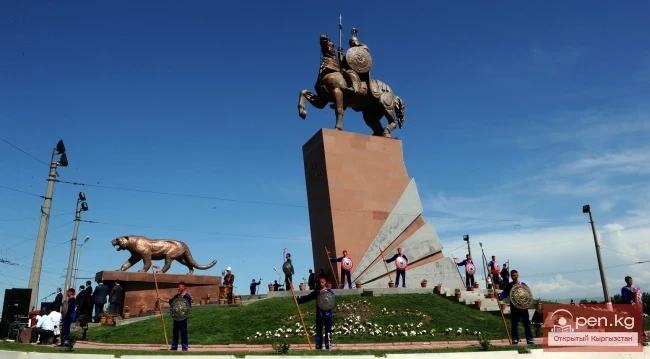
Attractions of the City of Osh
Osh - one of the oldest cities in Central Asia, located on the southeastern edge of the Fergana...
Osh - "Southern Capital" of Kyrgyzstan
Osh - "The Southern Capital" of Kyrgyzstan. The city of Osh is the administrative center...

Kyrgyzstan Woman Takes the Lead in Miss World 2015 Contest (Interview)
"Miss Kyrgyzstan-2015" Tatybubu Samidin kyzy has made it to the top of the "Miss...
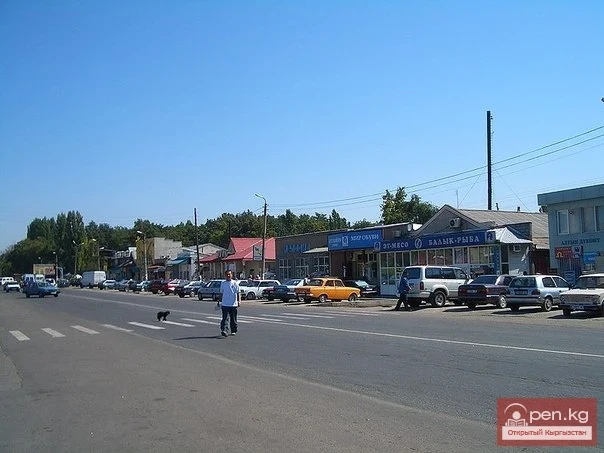
Kant
The city of Kant is a city of district subordination. In Kyrgyz, "kant" means sugar; the...
The Kyrgyzstan national team will play against Iran, Thailand, and Saudi Arabia.
The youth futsal team of Kyrgyzstan (U-17) will participate in the Youth Asian Games in Bahrain....
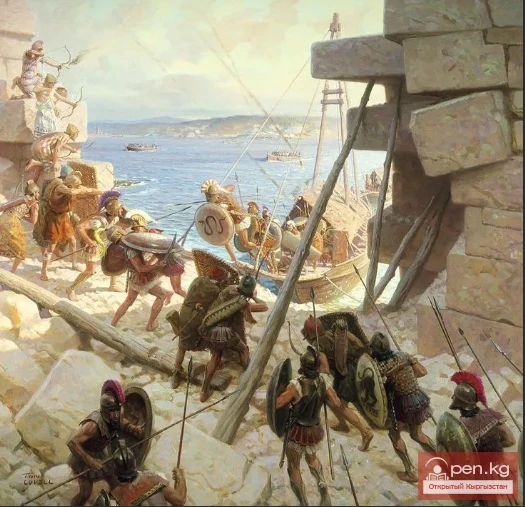
The Legend of the City of Barskhan
BARSKHAN - THE CITY OF ALEXANDER THE GREAT The medieval historian of the Persian and Arab world,...
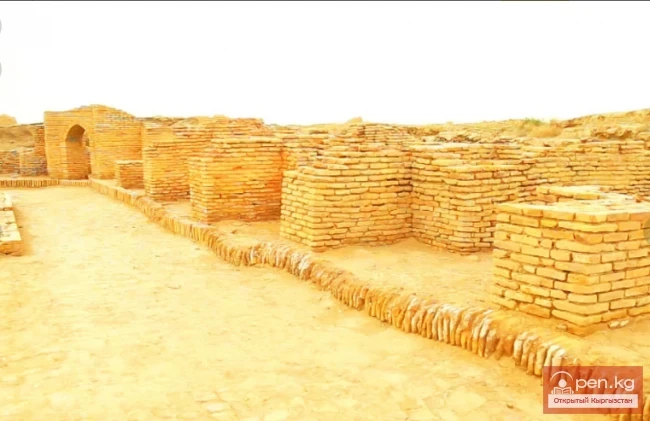
Vanished Cities. Part 2
Lost Cities. Palmyra in Syria Palmyra – once an important strategic site in the Syrian desert, a...
Ski Resort "ZIL"
The ski resort "ZIL" is located 35 km from the capital of Kyrgyzstan – the city of...
Photo - A City with an Interesting "Highlight" in the Mountains of Kyrgyzstan
This year, Naryn is celebrating its 156th birthday. The correspondent of Turmush discovered...
"My Grandmother Got Married at 13, Became a Widow at 19, and Lived to 98": The Story of the Head of the Ethno-Folklore Collective, Asiya Zheenchoroeva
Asiya Zheenchoroeva, who currently heads the ethno-folklore ensemble "Asylzat," dreamed...
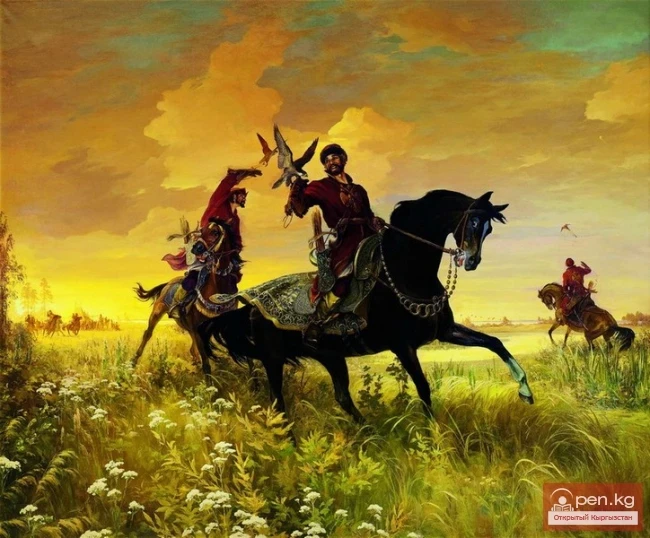
About the Golden Eagle and the Daughter of the Mongoose Hunter
The daughter of the famous munushker married a simple, yet well-off man, who was neither a hunter...
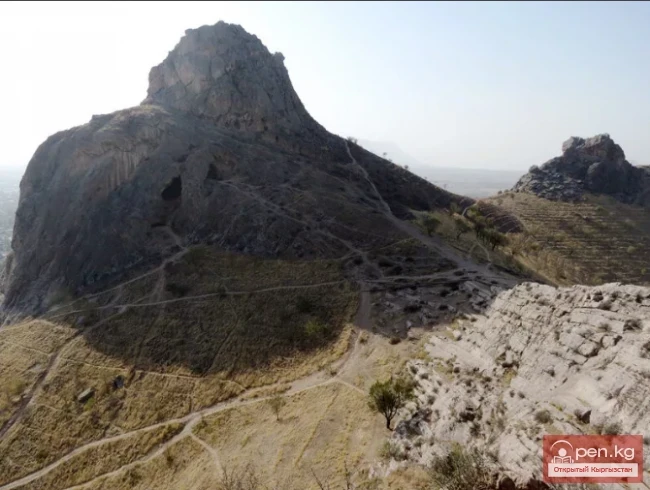
Two Cities with the Same Name — Osh
Legends about the Origin of the City of Osh There are two cities on earth with the same name —...
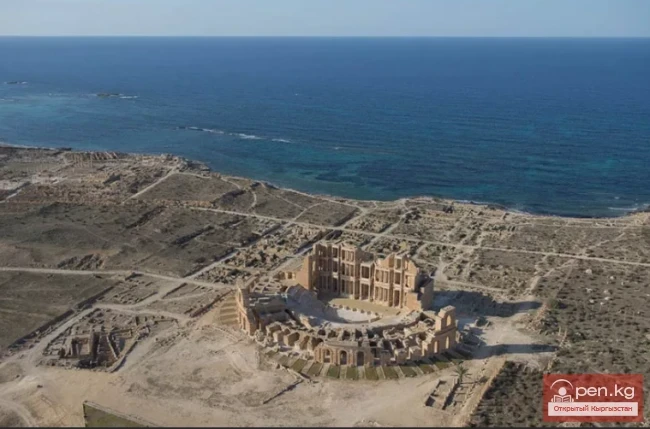
Vanished Cities. Part 3
Ancient Cities Petra, Jordan The history of this unique city began in the 4th-3rd millennium BC,...
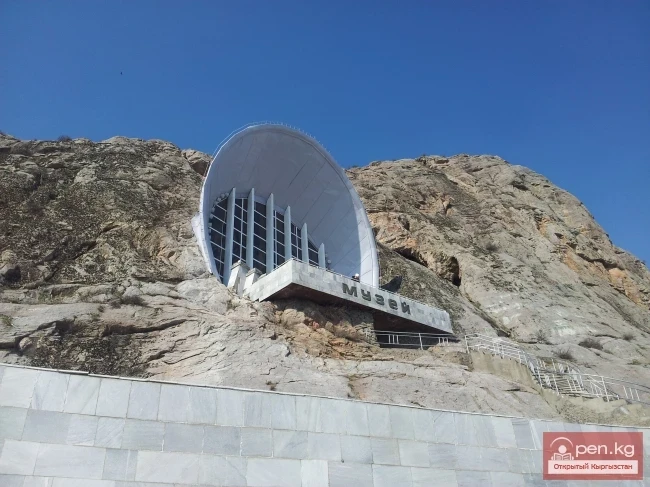
Zone "Osh"
The "Osh" zone introduces tourists to the attractions of the ancient city of Osh. The...
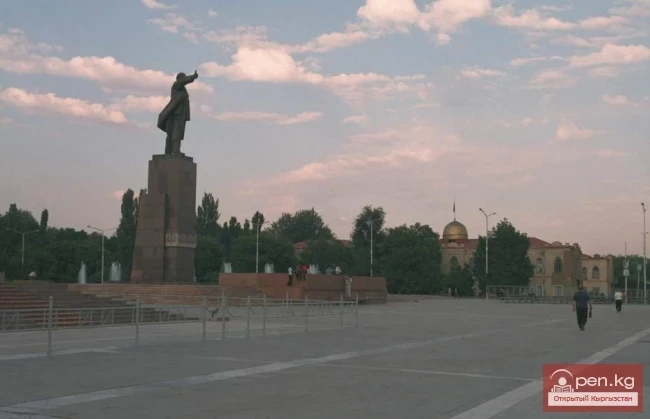
Kara-Balta
Kara-Balta, which translates as "Black Axe," is one of the youngest cities in the Kyrgyz...
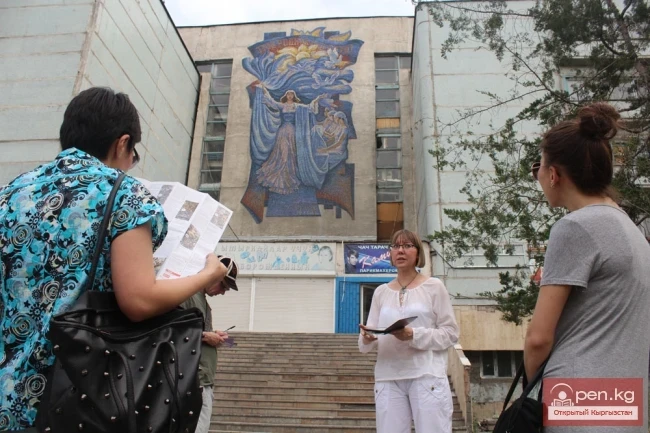
Thematic Tours "The Utopian History of Bishkek" in Russian and English
During the thematic excursions "Utopian History of Bishkek," participants will explore...
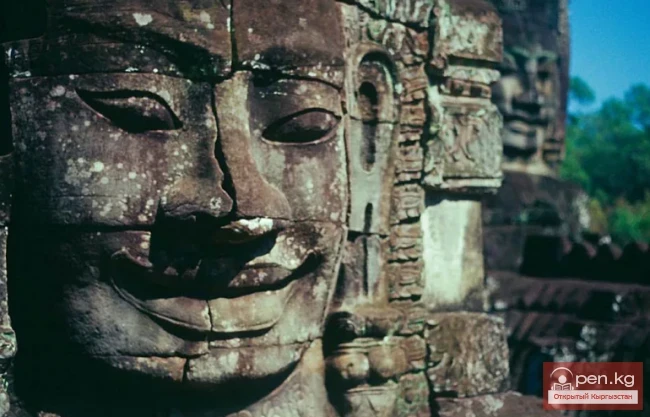
Vanished Cities. Part 4
Lost Cities Angkor, Cambodia The Angkor period is believed to have begun after 800 AD, when the...
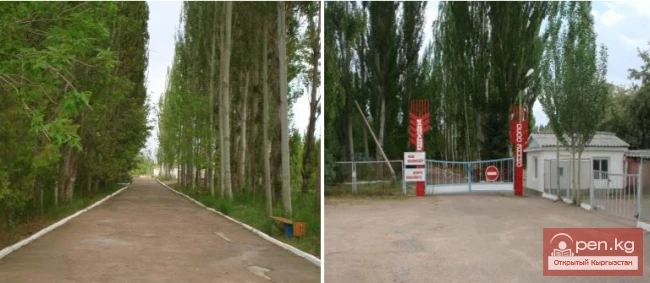
Recreation Center "KAMVOLSHCHIK".
Rest House "Kamvolshchik". Located on the shores of Lake Issyk-Kul in the village of...
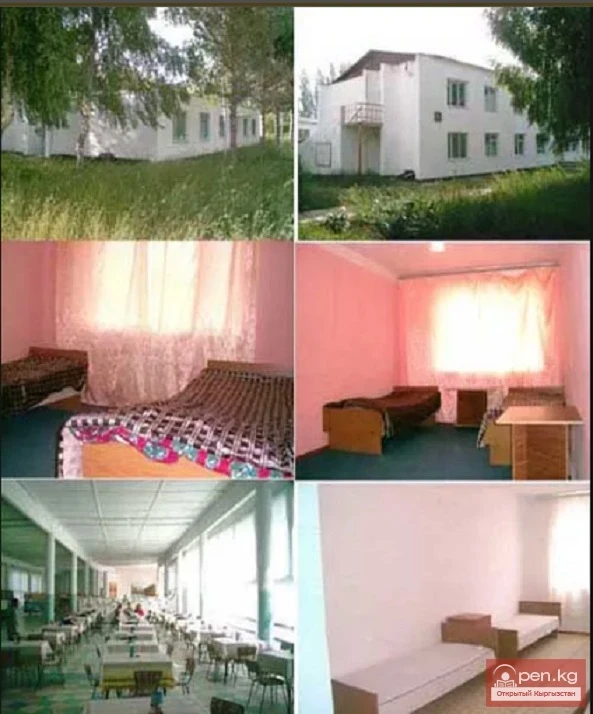
Children's Health Complex "Ak-Kuu"
Children's Health Complex 'Ak-Kuu' of the International Charitable Foundation...
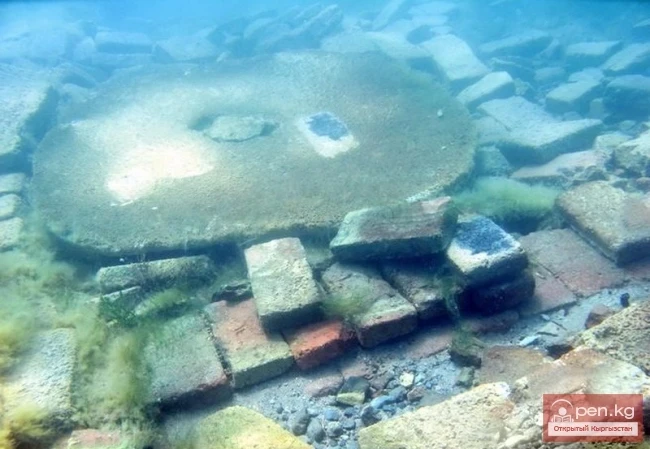
Sunken Cities and Lake Issyk-Kul
Archaeologists claim that the region of Pre-Issyk-Kul was inhabited by ancient humans during the...
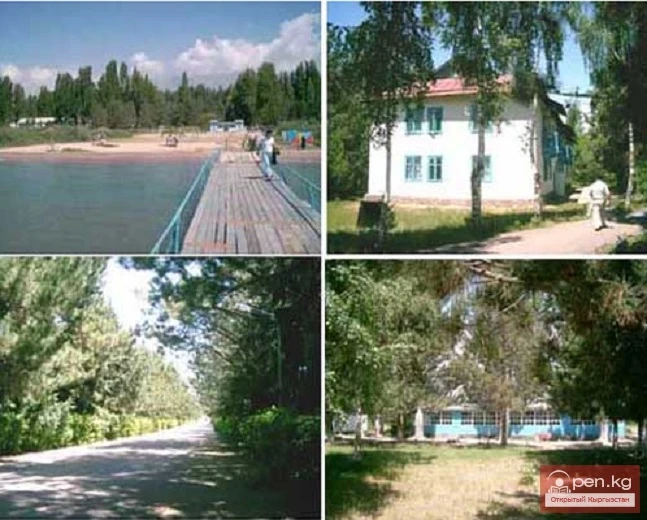
Children's Camp "Ilim"
"Ilim" DOC NAN KR children's health complex The northern shore of the azure...
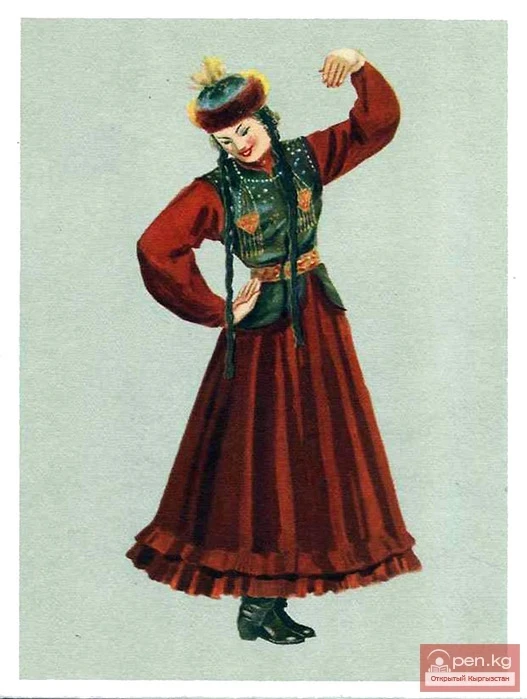
Aysulu
Once upon a time, there was a khan. The khan had a daughter. Her name was Aiy-Sulu, and she was as...
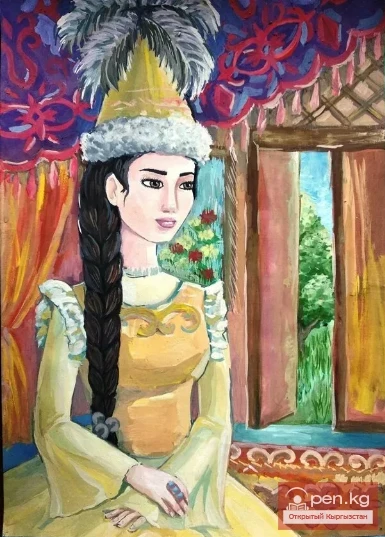
The Tale of the Wise Akylzhan. Part - 2
Part - 2 And the next story is as follows, — Akylzhan continued. — A man had three sons. All of...
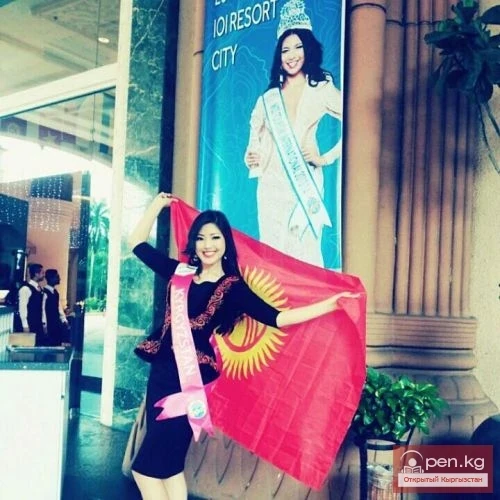
Kyrgyzstan's Aizhamal Osmonova won the title of Miss Portrait at the Miss Tourism International beauty pageant in Malaysia.
Kyrgyzstani Aizhamal Osmonova won the title of Miss Portrait at the Miss Tourism International...
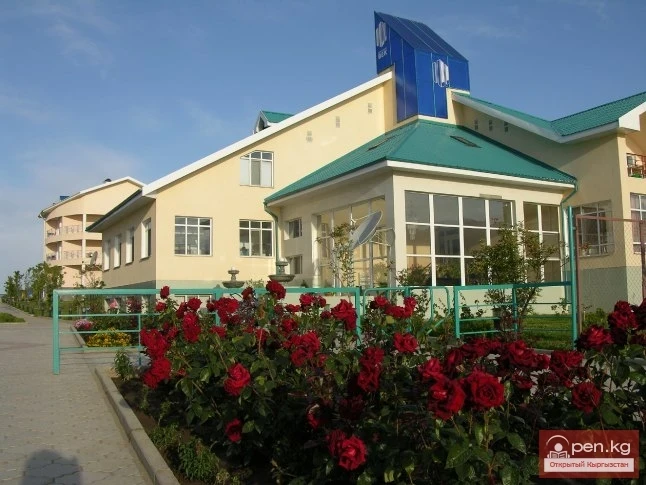
Camping at the "Three Crowns" Hotel
Camping. For road travelers, the hotel "Three Crowns" on Issyk-Kul offers camping...
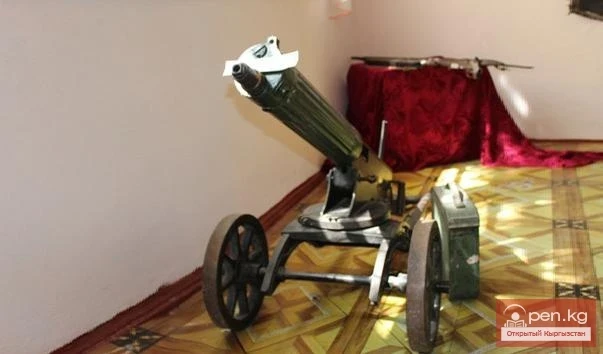
Jalal-Abad Historical and Local Lore Museum
The Jalal-Abad Historical and Local Lore Museum is located in the administrative center of the...
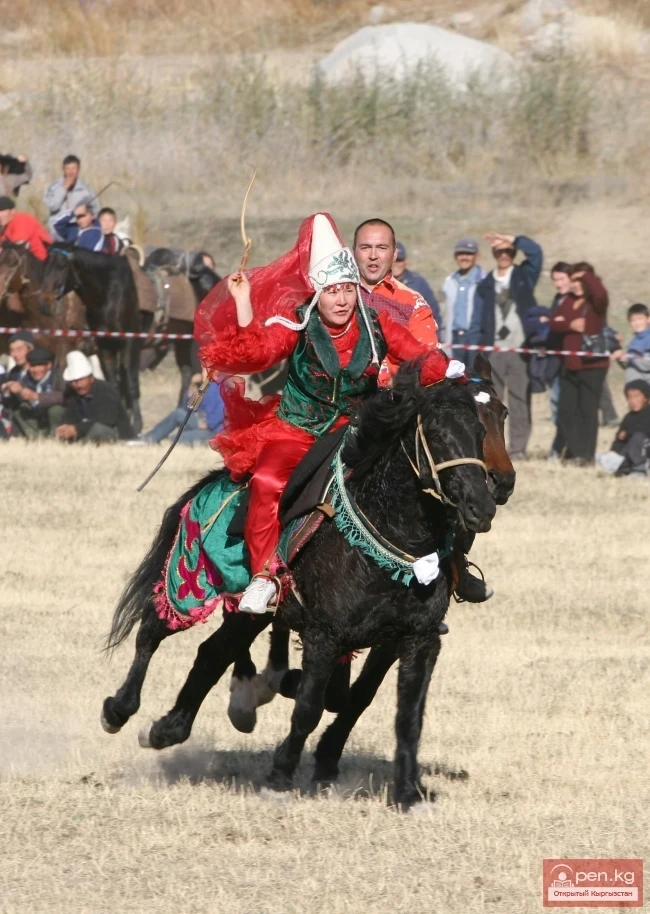
The title "Кыз куумай" translates to "Chasing the Girl" in English.
Kyz Kuu May — the chase for a girl — is an equestrian game involving a girl and a young man...
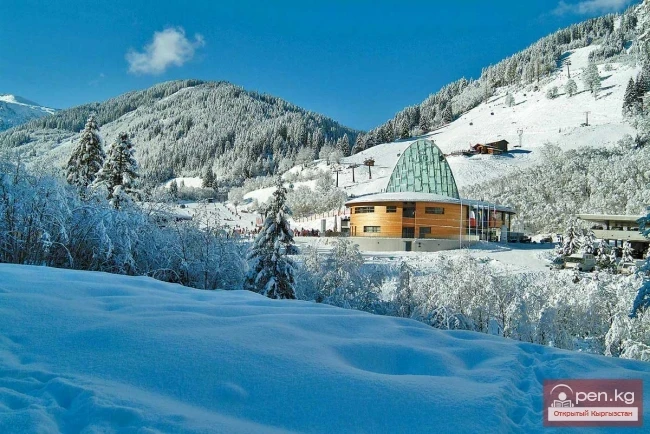
Paradise of the Carpathians
And so our latest trip to the Carpathians has come to an end. The snowy winter Carpathians are...
City of Osh. Kyrgyzstan. Kyrgyz Republic.
Osh is the second most populous city in Kyrgyzstan after Bishkek. According to estimates as of...
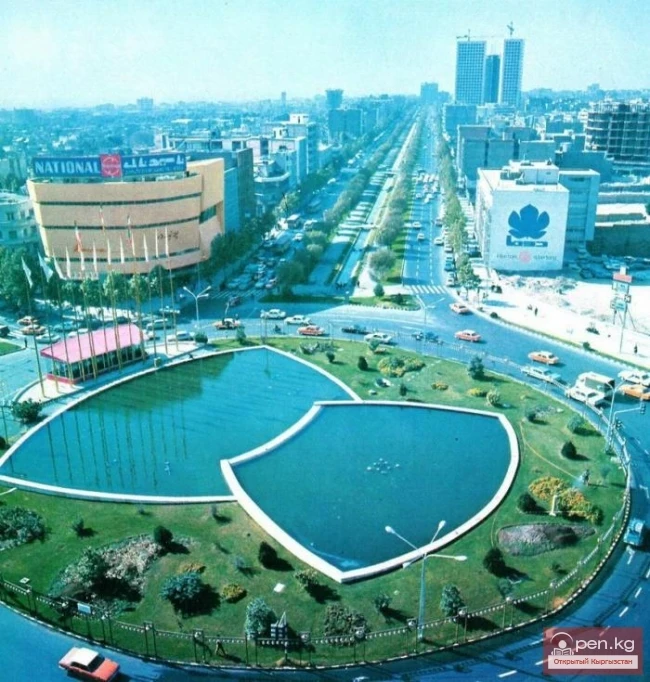
The Greatness and Fall of Persepolis
The Capital of the Ancient World: Persepolis There are countries on earth that cannot be measured...
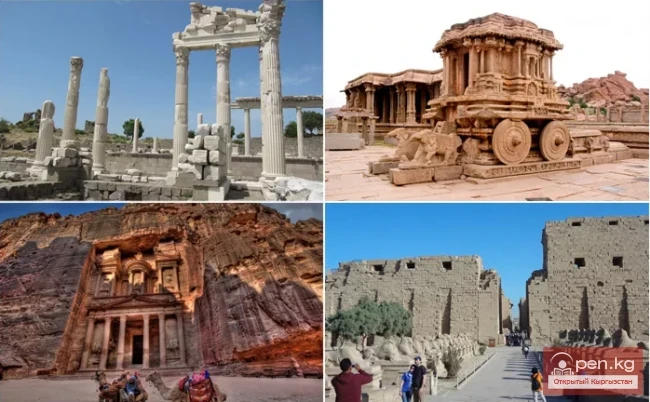
Vanished Cities. Part 1
Ancient Lost Cities Capitals of the Golden Horde, Russia The capitals of the Golden Horde, Sarai...
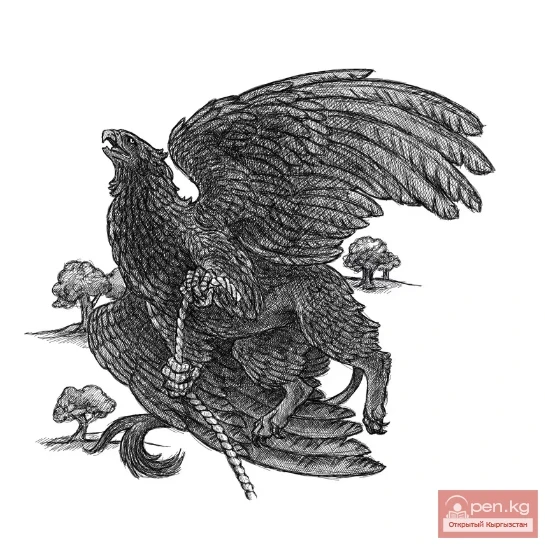
The Tale of Bekzhal and the Zymyryk Bird
BEKZHAL AND THE BIRD ZYMYRYK In ancient times, a khan had a wonderful bird named Zymyryk. Every...
Death of 18-Year-Old Girl Who Fell from Ride: Man Detained
In the Alisher Navoi Park in the city of Osh, a tragedy occurred: about a month ago, a girl died...
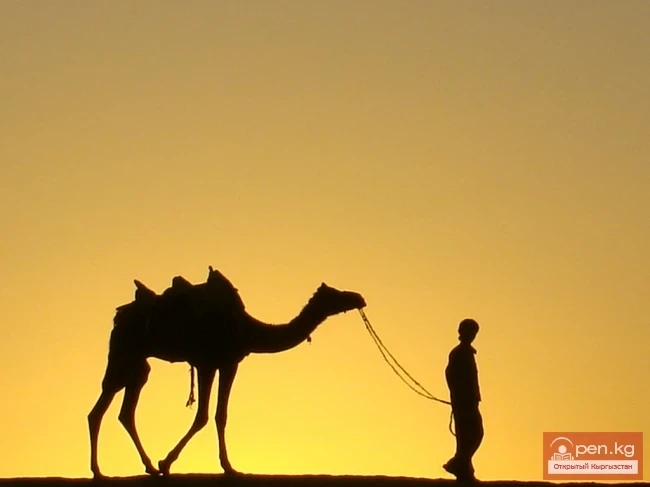
The Great Silk Road
The Significance of the Great Silk Road. In the historical fate of the Kyrgyz and their state...

Nearly two million tourists visited Kyrgyzstan since the beginning of the year.
Almost two million tourists visited Kyrgyzstan since the beginning of the year. As stated by the...
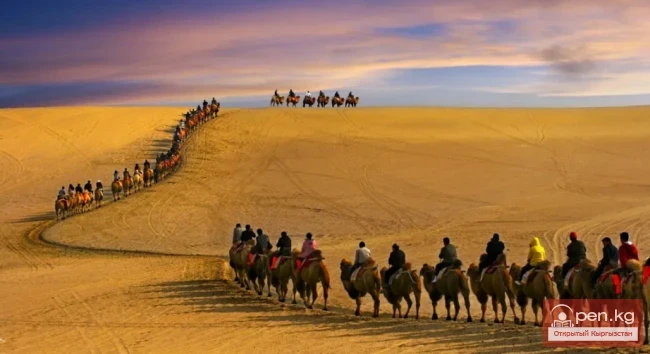
Project "Osh-3000 — The Great Silk Road"
More than one billion soms allocated for the celebration A working group of tourism and sports...
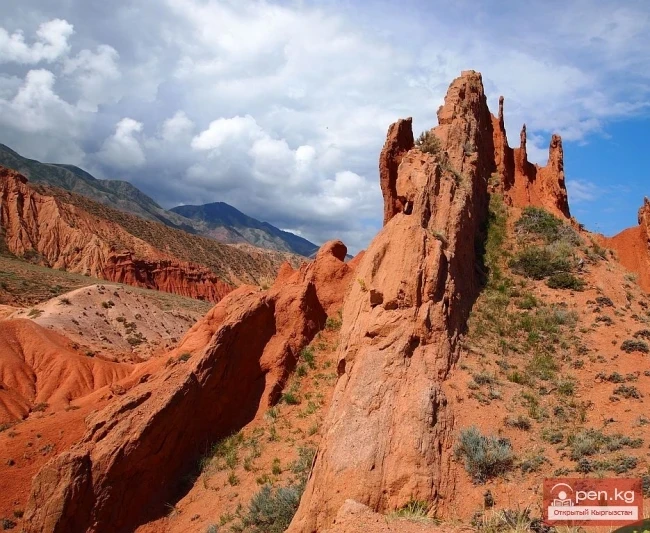
Boom Canyon
Boom Canyon is located 112 km from the city of Bishkek and serves as a unique natural gateway...
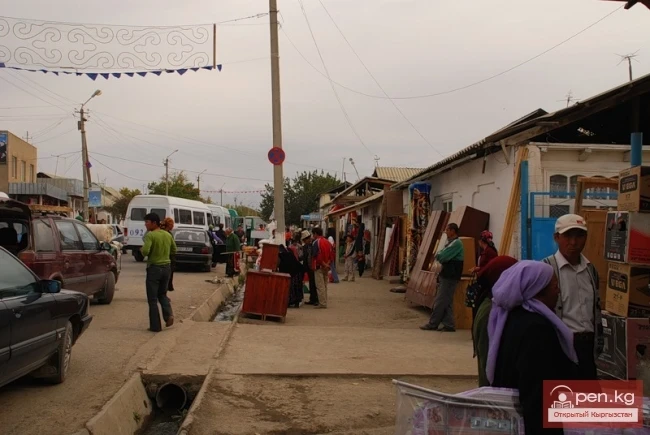
Batken
Batken is a city in Kyrgyzstan, the administrative center of Batken Region and District. The...
Gulnura Tashtanbekova reached the semifinals of the World Championship (U-23)
Athlete from Kyrgyzstan Gulnura Tashtanbekova has successfully reached the semifinals of the Youth...
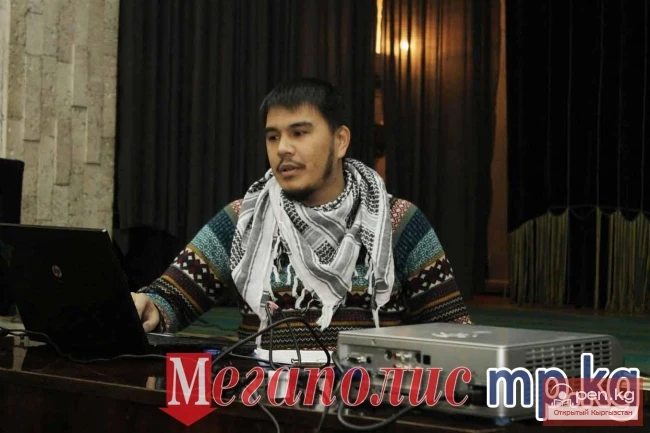
The City That Is Out of Focus
In the flow of our endless tasks, we rush from home to work, then to visit friends, and back home...
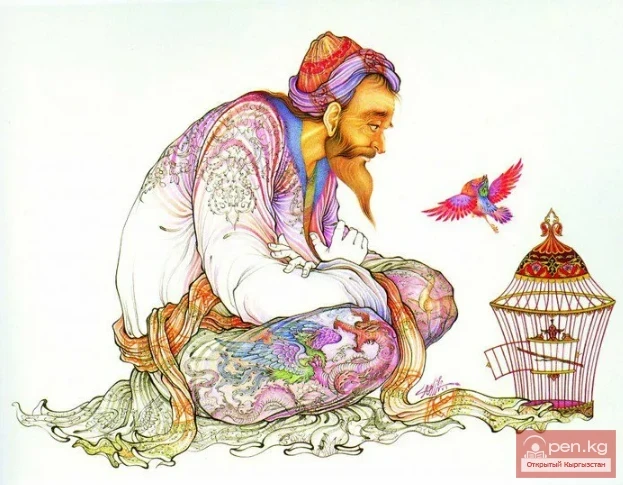
The Tale of the Old Man "What a Pity..."
“HOW SAD...” Once upon a time, there was an old man. Every new day, he greeted with the same...
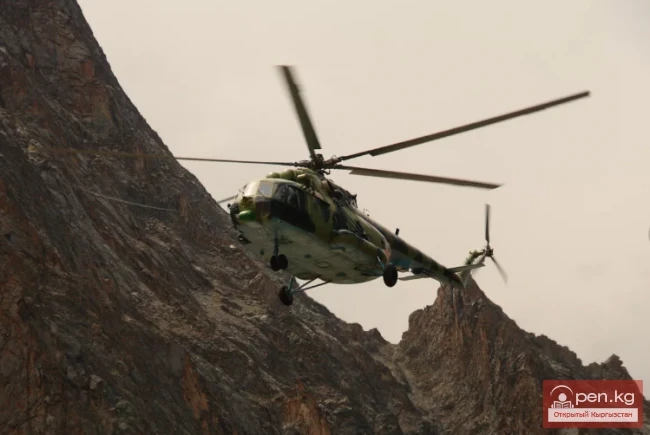
The Absence of Helicopters Hits Tour Operators
Kyrgyzstan may cancel climbing tours Tour operators used helicopters belonging to the...
World Championship (U-23): Nurbolot Toktogonov will compete for bronze in the tournament
At the Youth World Championship in Serbia, another athlete from Kyrgyzstan will compete for the...
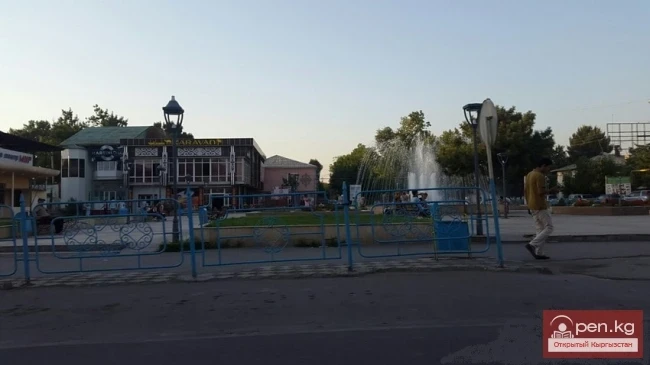
City of Nookat
The city of Nookat is located in Kyrgyzstan and is the center of the eponymous district of the Osh...
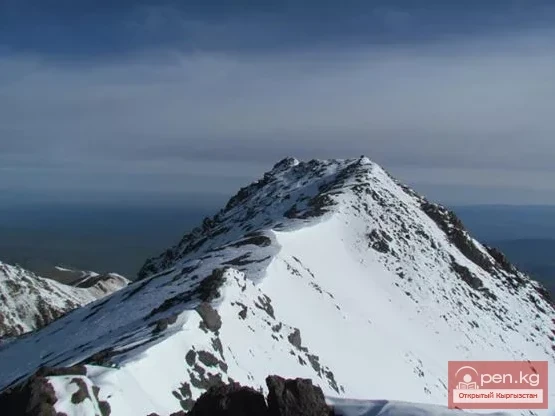
Peak Komsomolets
Peak Komsomolets - 4170m above sea level Located on the mountain ridge that separates the...
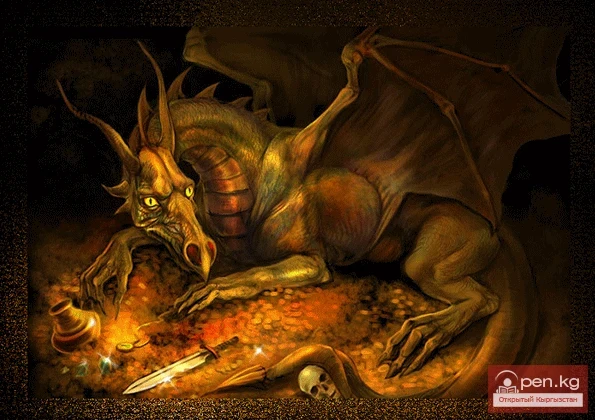
Greed
To Remain Human In one village, there lived an extraordinarily beautiful mulatto girl, who had...
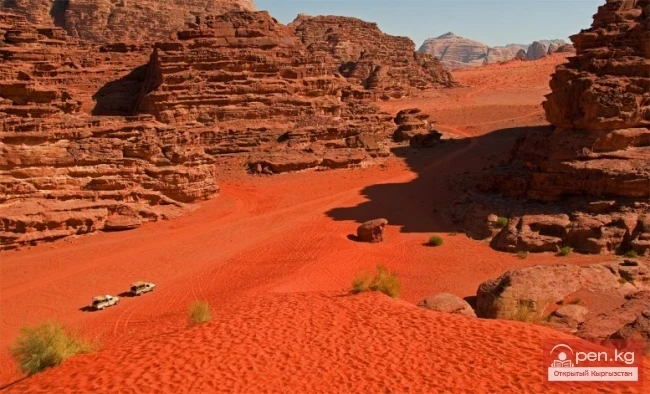
Desert of Pink Dunes
Five hours until departure. The New Year has passed. Outside, it’s a true winter. A snowstorm is...
